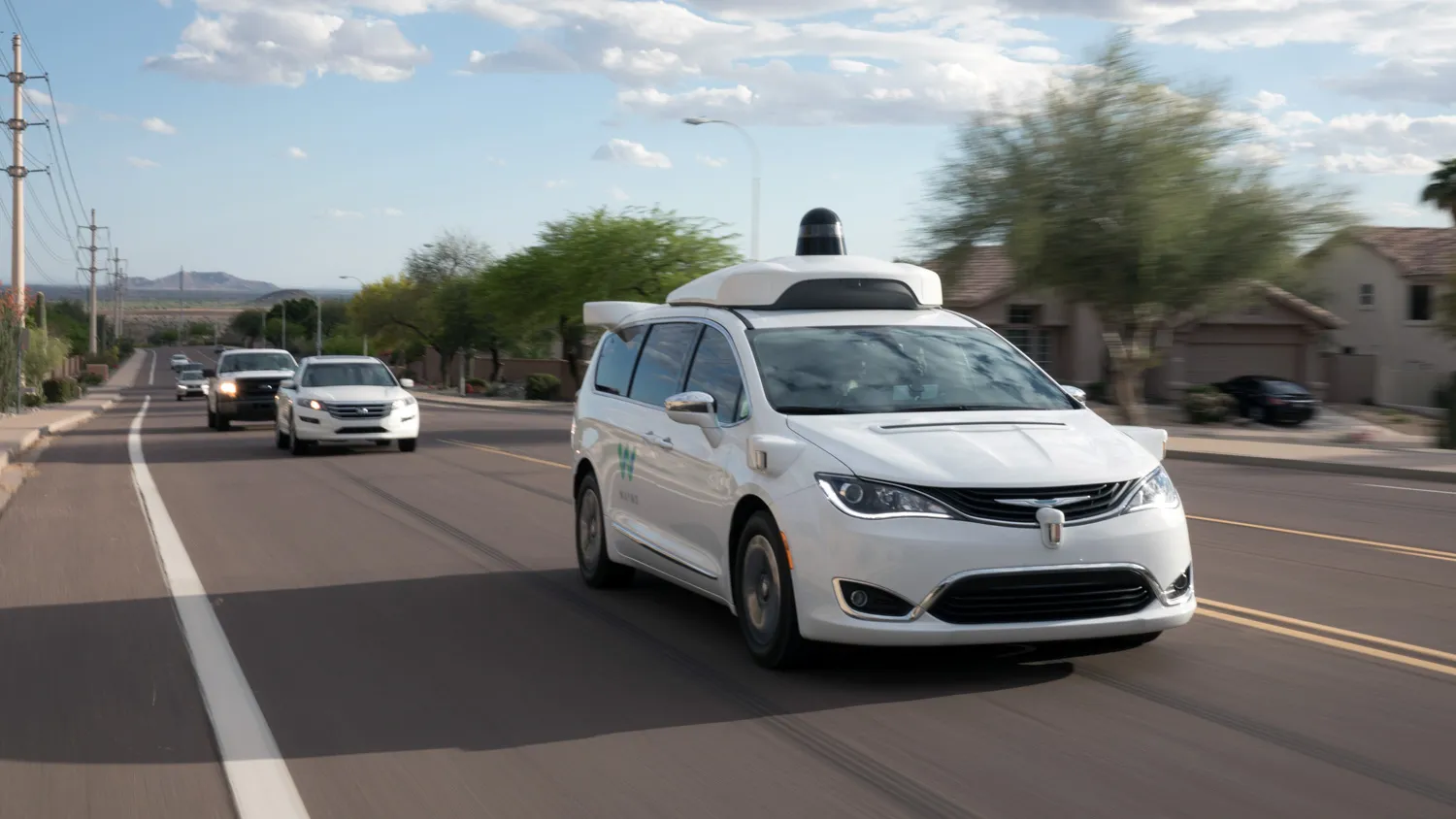The car company – which already has AV trials in Detroit, Pittsburgh and Miami - will begin testing in the US capital early next year.
An operations centre will be set up in the city and Sherif Marakby, CEO of Ford Autonomous Vehicles, says fleet deployment will be done in a way that aids job creation.
The company plans to work with local officials to test self-driving vehicles in all eight of the district’s wards in a bid to ensure that the entire population has access to the potential benefits.
“We believe that ensuring widespread access to mobility services enabled by self-driving vehicles is vital,” Marakby says, referring to a report by Securing America’s Future Energy, which said AVs could improve people’s access to work.
“The advent of self-driving vehicles promises a chance to make it more affordable and easier for people to get to jobs by filling gaps in access to public transportation, new ways to deliver food and other products, and more,” adds Marakby.
Ford is also to be part of an agreement with ride-hailing firms Uber and Lyft to make data sets available on the SharedStreets platform.
Announced at the second annual Bloomberg Global Business Forum in New York, the deal is aimed at providing a common standard for sharing data across all cities.
SharedStreets is funded by the Bloomberg Philanthropies consortium and is designed to make it easier for the private sector to work with cities around the world and utilise data to improve mobility.
Ford AVs on streets of Washington, DC
Ford is to be the first company to test autonomous vehicles (AVs) in Washington, DC – with a view to starting a commercial service there in 2021.
The car company – which already has AV trials in Detroit, Pittsburgh and Miami - will begin testing in the US capital early next year.
An operations centre will be set up in the city and Sherif Marakby, CEO of Ford Autonomous Vehicles, says fleet deployment will be done in a way that aids job creation.
The company plans to work with local officials to tes
October 24, 2018
Read time: 2 mins
Ford is to be the first company to test autonomous vehicles (AVs) in Washington, DC – with a view to starting a commercial service there in 2021.










